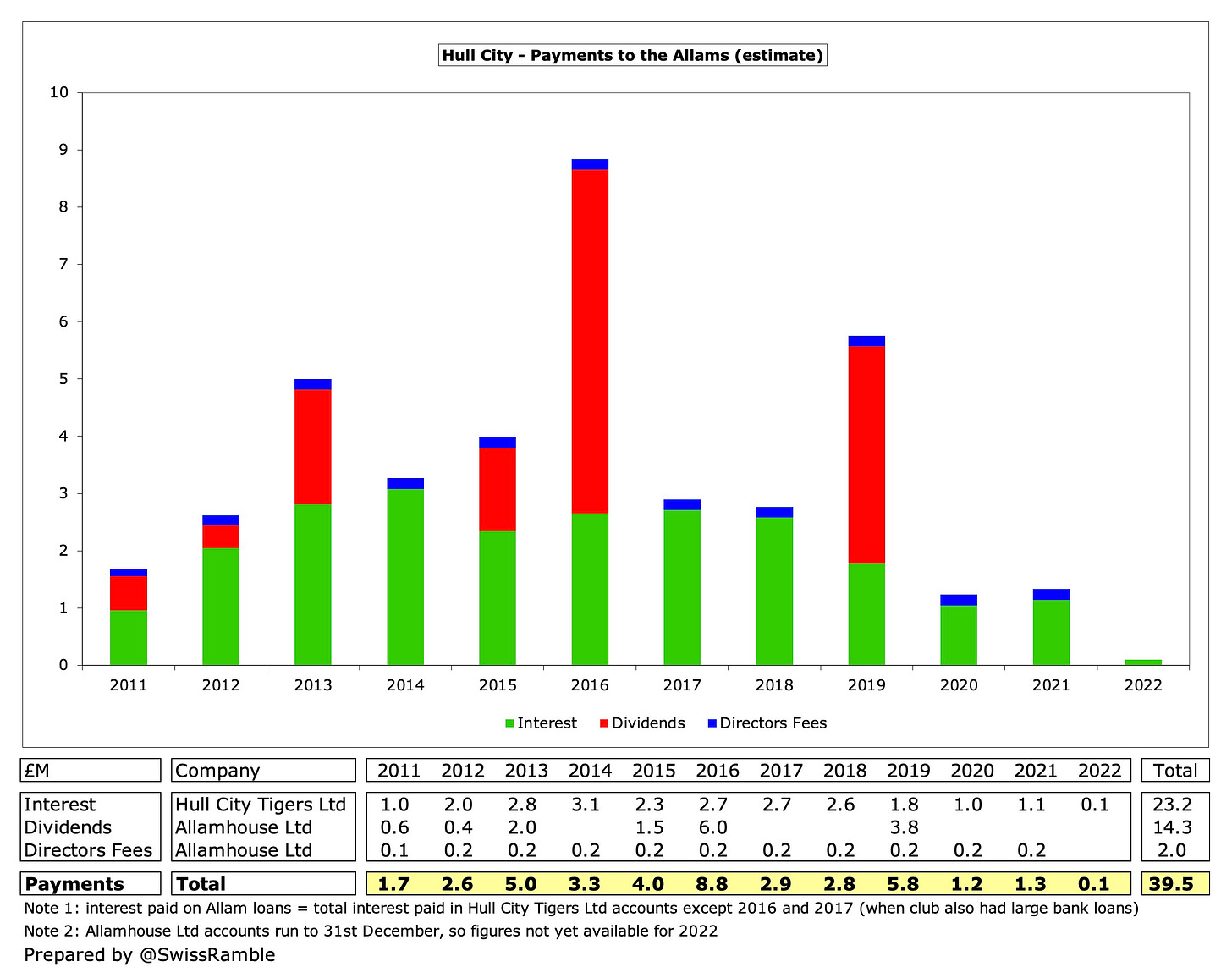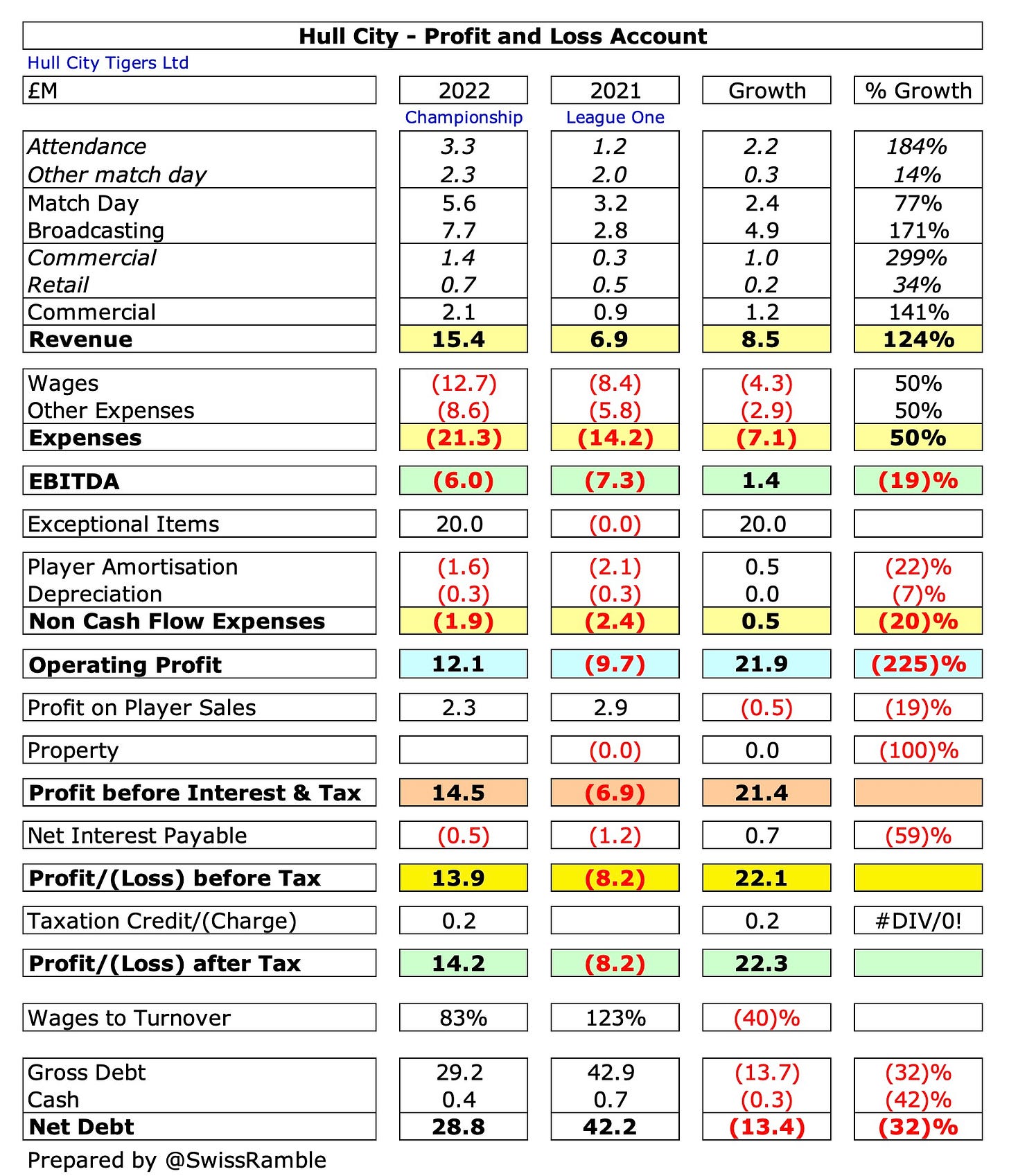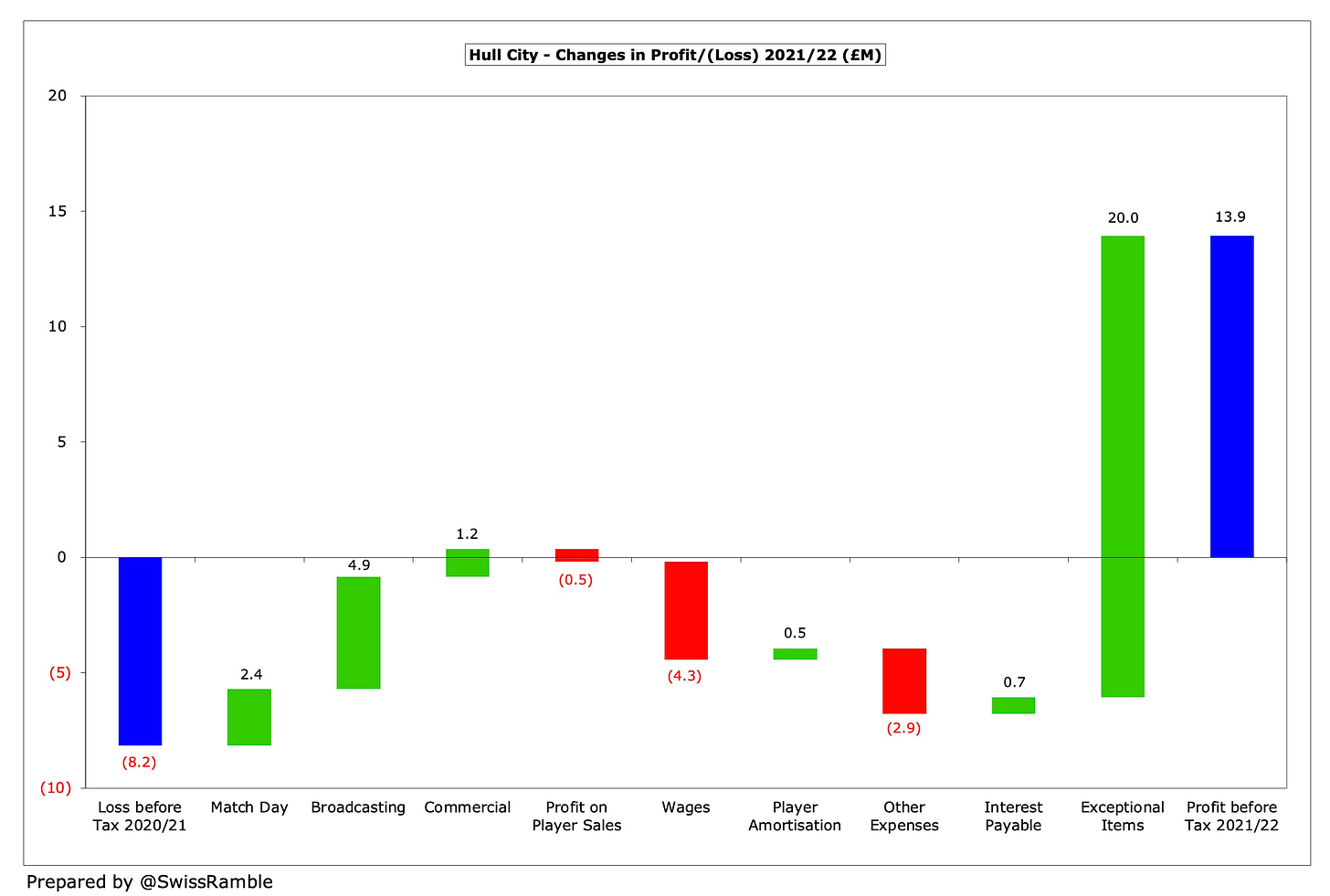Hull City supporters will be looking forward to the new season with some optimism after their decent performances under manager Liam Rosenior in the second half of last season. The former player had taken over in November 2022 and guided the club to a comfortable 15th place in the Championship.
Ownership
Just as important was the change in ownership in January 2022 when Acun Ilıcalı had purchased the club via his company Acun Media Group for a reported £20m (though some say this was as much as £30m).
The Turkish businessman has managed to restore the club’s relationship with its fans after ending the Allams’ controversial regime. The former owners wryly observed that “There have been a lot of ups and downs over the last 11 years or so”, which is a good way of putting it.
While the club reached the Premier League during their tenure, spending a total of three seasons in the top flight, they also dropped down to League One under their control.
The Allams’ attempt to rebrand the club as Hull City Tigers met with strong resistance, while the fans were also unhappy with the owners’ “business-led approach”, which meant that they did not spend much on the squad.
In fact, I estimate that the Allams actually received around £39m from the club: £23m interest on their loans plus £14m dividends and £2m directors fees. The latter two payments are made from the parent company, but driven by profits made by the football club.
However, the mood in Hull is a lot brighter now, as Ilıcalı appears to be cut from a different cloth and is very keen for the club to be victorious on the pitch.
When he made the acquisition, he said, “We are starting a beautiful journey with Hull City. We have many big dreams and goals to achieve together with our fans. I genuinely believe that we will achieve success with the amazing fans of this beautiful city.”
So let’s take a look at Hull City’s financial position after the Allams’ departure, using the most recently published accounts from the 2021/22 season.
Profit/(Loss) 2021/22
Hull City finished 19th in the Championship in 2021/22, having been promoted from League One the previous season. Manager Grant McCann was replaced by Shota Arveladze shortly after Ilıcalı took control. The Georgian was in turn dismissed in September 2022, replaced by Andy Dawson on an interim basis, with Rosenior appointed a few weeks later.
Hull City returned to profitability in 2021/22 making £13.9m before tax, compared to an £8.2m loss the previous season, though this was entirely due to a £20m write-down of a loan from the Allams following the sale of the club.
Otherwise, revenue more than doubled from £6.9m to £15.4m after promotion, though this was largely offset by operating expenses rising £6.7m (40%) to £23.2m. Profit from player sales slightly fell by £0.5m to £2.3m, but net interest payable reduced by £0.7m from £1.2m to £0.5m.
All three revenue streams were up following promotion from League One, led by broadcasting, which rose £4.9m from £2.8m to £7.7m. The return of fans to the stadium, after COVID restrictions were lifted, resulted in increases in both match day, up £2.4m (77%) from £3.2m to £5.6m, and commercial, which more than doubled from £0.9m to £2.1m.
However, the cost of competing in a higher division meant that the wage bill climbed £4.3m (50%) from £8.4m to £12.7m, though player amortisation actually fell £0.5m (22%) from £2.1m to £1.6m. Other expenses rose £2.9m (50%) from £5.7m to £8.6m, mainly due to the higher cost of staging games with fans.
Keep reading with a 7-day free trial
Subscribe to The Swiss Ramble to keep reading this post and get 7 days of free access to the full post archives.







